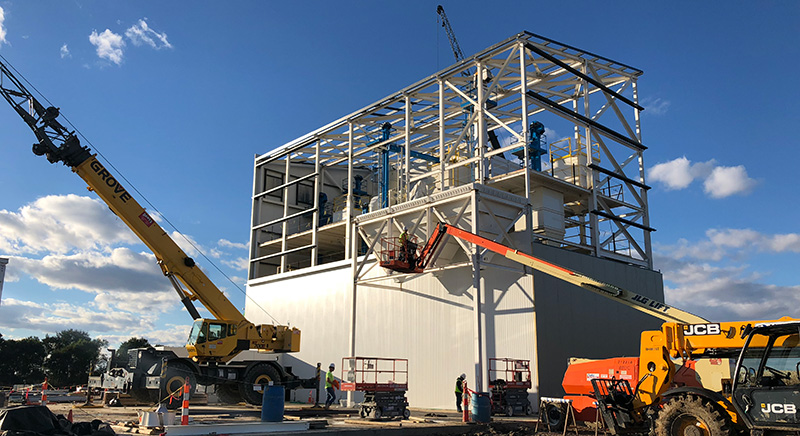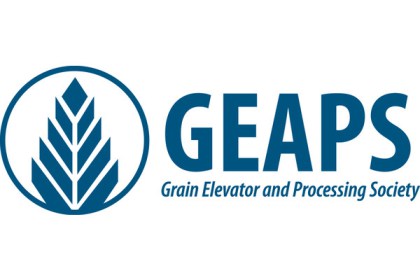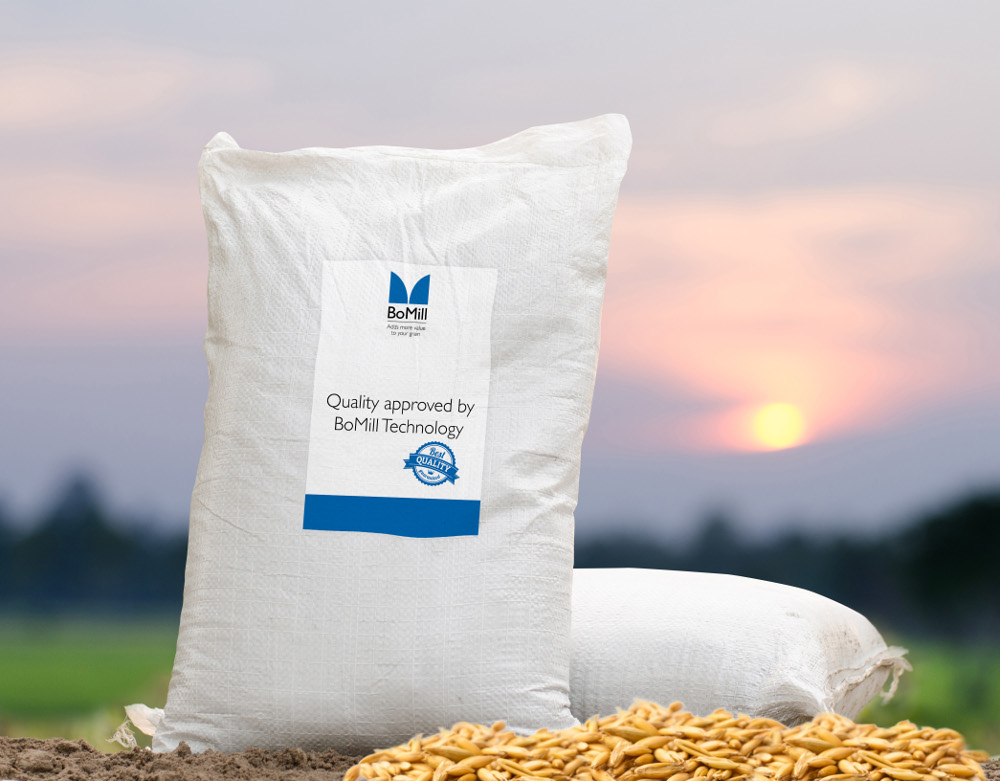
每个工业建设项目需要明确and concise RFP before your team can start working. However, many construction industries fail to propose a clear RFP and lose money as a result. When it comes to issuing a request for proposal (RFP) for an industrial construction project, many things go into the process. Every business is different, and as a result, each RFP will be unique. However, there are some key components that are essential in any good RFP.
Creating an Industrial Construction RFP: What Makes a Good RFP?
Every business is different, and thereforeeach RFPwill vary depending on the specific project. The most important aspect of any RFP should be clear and concise. It should explain the project in detail, outlining all expectations and requirements.
In addition, the RFP should include a timeline for the project as well as budget guidelines. Any specific requests or instructions for the project should also be included in the RFP. Finally, the submission deadline for the RFP should be clearly stated.
Request for Qualifications (RFQ)
Before issuing an RFP, it is important to issue an RFQ. An RFQ is a request for qualifications and is typically issued before an RFP. The RFQ is typically used to pre-qualifyvendors and contractorsinterested in working on the project. It is important to note that not all projects will require an RFQ. However, if your project does require one, it is important to be aware of this before issuing an RFP.
Do Your Local Laws Affect the RFP process?
根据您的项目”s location, certain local laws may affect the RFP process. For example, some states have laws that require all RFPs to be published in a local newspaper. Therefore, before getting started, it is important to know any potential laws that may affect the RFP process.
What Are Key Components of an RFP in the Industrial Construction Industry?
Now that we have discussed some of the basics of issuing an RFP let's take a more detailed look at what should be included in an RFP for an industrial construction project. As we mentioned, each RFP will be unique and vary depending on the specific project.
However, there are some essential items in any good RFP. Some of the most important aspects of an RFP in the industrial construction industry include:
Project Timelines
Inprocess engineering, it is imperative that project timelines are adhered to as closely as possible. As a result, the RFP must include a detailed timeline for the project. This timeline should include all milestones and deadlines for the project. For example, if the project is to be completed in phases, each phase should have its timeline.
Project Delivery Guidelines and Expectations
The RFP should also include detailed project delivery guidelines and expectations. This includes specifying how the project is to be delivered (e.g., on-site, off-site, etc.) as well as any other specific requirements.
Budgetary Expectations
In addition, the RFP should include budgetary expectations for the project. This includes specifying the budget for each phase of the project as well as any overall project budgets. When preparing a budget, you should include materials, labor, and overhead costs. It is also important to note any potential cost overruns and how your team will handle them.
Any Specific Project Requests
This could include anything from specifying the type of materials to be used to requesting a certain number of on-site workers. Additionally, you should mention any unusual requests at this point. For example, if the project is in a remote location, you should note this in the RFP as well as a plan that includes solutions to any problems that may arise due to unusual circumstances.
Submission Deadlines
Finally, the submission deadline for the RFP must be clearly stated, including the deadline of each phase. While deadlines can change, you should include a plan when the timeline is off-track. Each phase should have a deadline and a backup plan in case of unforeseen circumstances. This will ensure that all interested parties have enough time to prepare their proposal and make adjustments.
What Are Specific RFP Dos and Don'ts?
Now that we have discussed some of the key components of an RFP, let's take a look at some specific do's and don'ts for the RFP process.
Here are some additional pointers:
- Include a thorough project timeline in the RFP.
- Make sure all necessary information is included in the RFP. Additionally, be clear about when the deadline for submitting an interest form is. Keep in mind any local rules that may influence how the process works.
- Don't neglect to include a budget for the work. In addition, ensure that all necessary information about the project is included in the RFP.
- You should include when you expect theproject to be complete, how your team will complete it, and how you will deliver your results.
Industrial Construction RFP: Start Today
Now that you know some of the basics of issuing an RFP, you can start working on your industrial construction RFP today. Remember to include all essential information in your RFP and follow the specific dos and don'ts. Then, with a bit of planning, you can ensure that your RFP process goes smoothly and that you find the right contractor for your project.
Do you have any tips on writing an RFP? Comment below and let us know! Take a look at ourconstruction servicesif you'd like to learn more.



